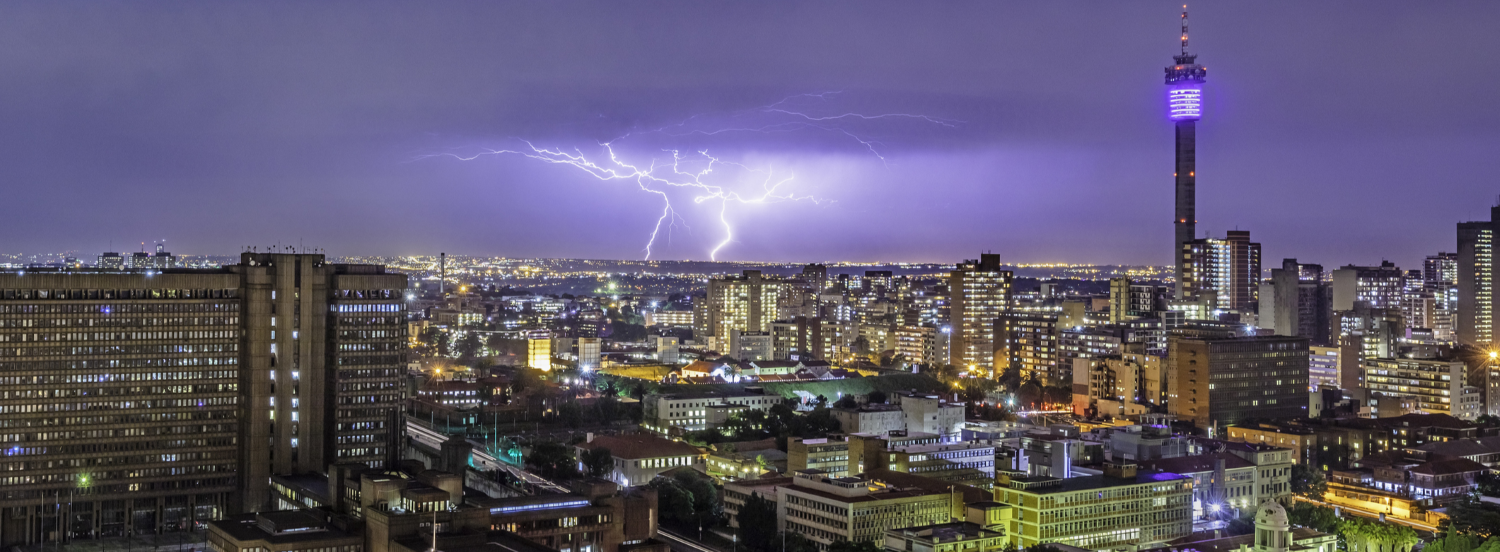Services
Advisory services
-
Digital and Analytics
We have developed distinctive capabilities in digital advisory and data analytics that are key to the success of dynamic organisations.
-
Business Consulting
Our business consulting services help organisations improve operational performance and productivity throughout the growth life cycle.
-
Corporate Finance & Restructuring
We combine our insights and experience to provide a comprehensive range of advisory and corporate finance and restructuring solutions.
-
Internal Audit
Our internal audit service is designed to provide both assurance and consulting assistance on the adequacy and effectiveness of an organisation’s system of internal controls.
-
Business Risk Services
Our service is focused on enabling broader risk coverage and proactive management of risks for the achievement of organisational strategy.
-
Business Process Solutions
We work with a multitude of organizations to improve their finance function efficiency, reduce costs associated with business processes and provide a complete solution to the challenge faced by South African organizations.
-
Programme Assurance & Advisory
Our aim is to protect shareholder value by providing Assurance and Advisory services on change portfolios and large-scale programmes to assist organisations.
-
Forensic Services
Our forensic capability is integrated with our wider advisory services – not an add-on.
-
Cyber Advisory
Our Cyber Advisory service is designed to help you identify, protect, detect, respond and recover from cyber-attacks.
-
IT Advisory Services
We help clients to navigate the complexities and provide you with robust independent assurance that your IT risks, key management priorities and core systems are being appropriately managed.
-
SNG ARGEN
We have a dynamic actuarial team set to assist businesses to comply with the audit standards where actuarial services are required.
Assurance services
-
General Audit
We provide a sound statutory audit of financial statements specialising in both listed entities and state-owned organisations.
-
Financial Services Group (FSG)
The Financial Services Group (FSG) offers specialised audit and advisory solutions to the banking, treasury and financial services sectors.
-
Technical Excellence
We have a well-established specialized technical division, with in-depth, local and international knowledge and experience, which consists of three units namely; Accounting, Audit and Sustainability reporting.
Tax Advisory services
-
Corporate Tax
We offer your business access to a global network of tax specialists in over 130 countries with extensive corporate tax technical skills to provide meaningful advice and adding value to your organization.
-
Value-Added Tax
We can manage your overall exposure to indirect taxes, guide you through complex South African Value-Added Tax (VAT) legislation.
-
Global Mobility
Taxes can be complicated, but the SNG Grant Thornton approach is to assist the new assignee with a clear and easy process.
-
Customs and Excise Tax
Our Customs and Excise team assist traders with driving cost-effective supply chains while maintaining legitimate trade.
-
Tax Technology
This is the lynchpin of our tax audit and advisory approach in making the tax function of our clients effective in data management tools.
-
International Tax & Transfer Pricing
Our team is ideally suited to serve large multinationals and other global companies that need on the ground expertise in multiple jurisdictions, given our extensive network of offices around the globe.
-
Specific Focus Areas
We have a team of dedicated tax specialists with deep knowledge to bring practical and cost-effective tax solutions to our clients and assist entities operating within these sectors to effectively manage their tax needs.
Industry Hub
We combine deep industry expertise with newly uncovered insight to offer you long term solutions that are both illuminating and actionable for your company's...
With our forward-thinking approach, we can help you identify business risks and potential obstacles and help clients leverage legacy and emerging technologies...
We offer specialised audit and advisory solutions to the banking, treasury, and other financial services sectors.
We at SNG Grant Thornton are uniquely placed to provide proactive service delivery and expertise that is locally focused in the longer term to help your...
Our team possess a wealth of expertise and a strong record in this industry to bring you pragmatic solutions that are realistic and sustainable
We assist both public and private sector organizations to adapt to the shifting tourism environment.
We know that every organisation is different. We offer your organisation advice and tailored solutions based on our Education Sector expertise to meet its...
-
Business Consulting
We provide fit-for-purpose solutions to address major challenges the Education sector faces by supporting our clients.
-
Employees’ Tax Services
Its important to ensure that the institution complies with the tax legislation and that all payroll records are accurate and complete.
-
Programme Assurance & Advisory
The need for sound project management and effective solution delivery gives you the edge in competitive markets.
-
Forensic Services
Fraud detection review and forensic investigation for Higher Education
-
Digital and Analytics
The digitalisation of processes within the higher education sector leads to increased data generation. This data can be an essential asset when leveraged correctly.
-
Cyber Security Services
There is no one-size-fits-all security solution to preventing all attacks, but we have cybersecurity strategies that education institutions can use to minimise cyber threats.
Related insights:


EDUCATION INDUSTRY
Cyber Threats: Top Hackers threatening Higher Education Institutions right now!
Who are these gold miners, and what do they have to gain?
How are you ensuring your organisation is sustainable for the future?
-
Sustainable Development Goals (SGDs)
SDG Impact Standards Training Course






